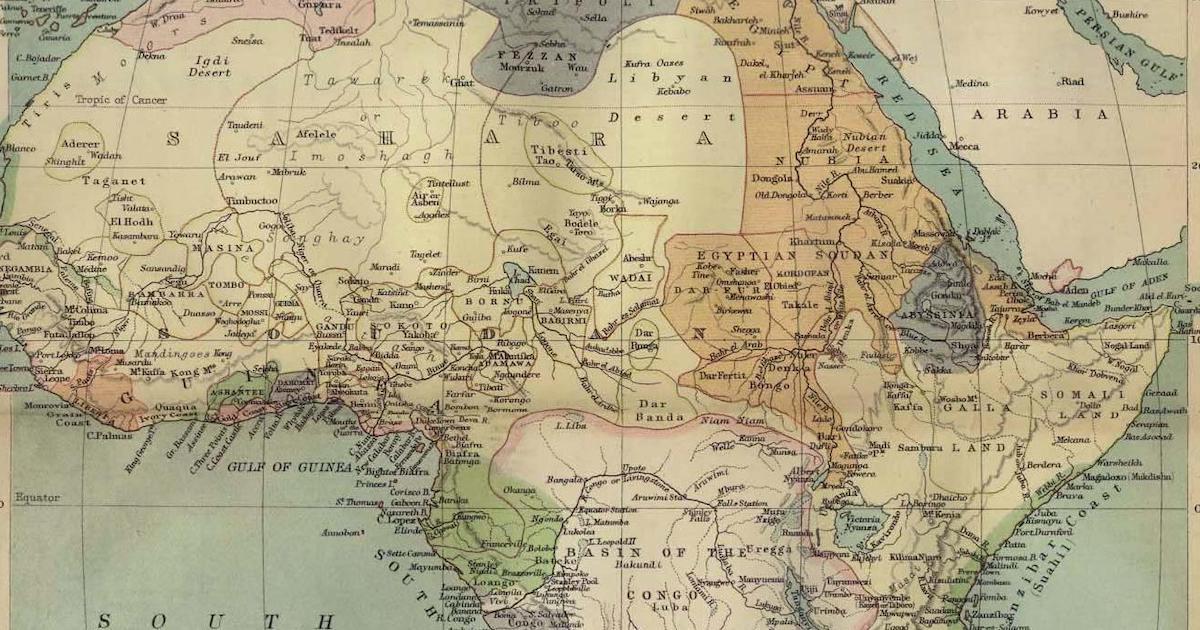[ad_1]
Nearly every country on earth is named after after one of four things—a directional description of the country, a feature of the land, a tribe name or an important person, most likely a man. For the most part, Africa mirrors this trend with a few exceptions. The stories of how African countries got their names ranges from the more mundane, to the fantastical and sometimes even the mind-boggling.
Cameroon, a country that has the complicated legacy of first having been colonized by the Germans, then later partitioned by the French and British, was actually named by a Portuguese explorer in the 15th century. Coming across the Wouri river, one of Cameroon’s largest rivers, he renamed it, Rio dos Camarões (shrimp river,) for the abundance of shrimp in it. The name stuck and evolved to become the country name.
[ad_2]
Source link


